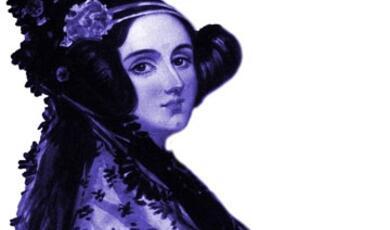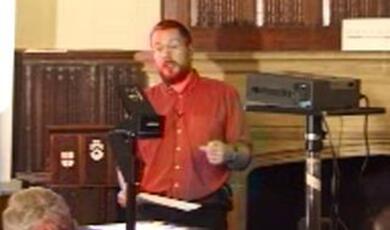Conventional Cryptography
Share
- Details
- Text
- Audio
- Downloads
- Extra Reading
Keeping secrets is one of the earliest inventions of civilisation, and has become the science of cryptography. The World War II Enigma machine was just lots of scrambling, done in ways that could be understood in principle by a school child though it took daring and powerful computing to crack it. This lecture introduces the key ideas behind conventional cryptography, and explains why it is not good enough for modern applications such as international commerce on the Internet. The lecture also serves as an introduction to the following lecture (28 February) on modern cryptography.
Download Text
This event was on Thu, 21 Feb 2002
Support Gresham
Gresham College has offered an outstanding education to the public free of charge for over 400 years. Today, Gresham plays an important role in fostering a love of learning and a greater understanding of ourselves and the world around us. Your donation will help to widen our reach and to broaden our audience, allowing more people to benefit from a high-quality education from some of the brightest minds.


 Login
Login







